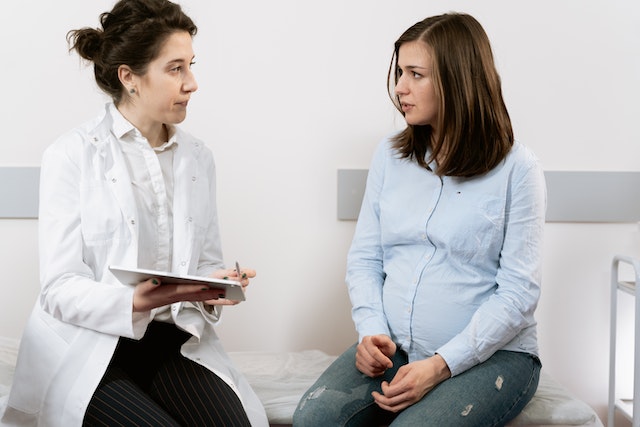Finding someone dedicated to women’s health is essential when looking for the right OB/GYN to care for you. They offer preventive care, screenings, and counseling.
OB/GYNs are trained to provide gynecological services at all stages of a woman’s life. They can help with pregnancy, menopause, and incontinence issues.
Preventive Care
Advanced care for women is needed because it helps them stay healthy and identify issues before they become serious medical problems. If the issue is identified and treated as soon as possible, it can help lower the long-term expenses of medical care.
Preventive care services include routine checkups, screenings, and vaccines. Most health insurance policies cover these procedures at no extra cost to you.
Preventive care includes annual pap tests for cervical cancer, annual mammograms for breast cancer, and prenatal screenings for gestational diabetes. These services are essential for all women. The yearly screenings can save lives and ensure pregnant women’s and their babies’ health.
Screenings
OB/GYNs offer a wide range of preventive care and screenings for women. These screenings can help catch cancers and other health problems at their earliest stages, increasing your chances of successful treatment.
A doctor performs these tests during your annual well-woman exam. They will ask you about your medical history, family history, current symptoms, and any other issues you may be concerned with.
In addition to asking about your health, your gynecologist will perform a physical and pelvic exam using a speculum. It will give your OB/GYN a better view of your pelvis and cervix to see if any cysts, infections, or early signs of ovarian or vulvar cancer are present.
Your OB/GYN will also conduct a pap smear, which entails brushing cervix cells and sending them to a lab for analysis. The pap smear is necessary for cervical cancer screening, and your doctor can perform it every three to five years.
Counseling
Counseling can be essential for women who struggle with emotional and mental health issues. Many of these issues are specific to women’s lives, while larger social contexts and societal influences can influence others.
OB/GYNs and gynecologists have extensive training in counseling women of all ages, from pre-conception through childbirth to post-delivery care. They can also help women deal with reproductive endocrinology, infertility, and family planning issues.
For instance, a counselor can assist a client dealing with pregnancy or postpartum depression by exploring how her expectations have been internalized, and her identity has been shaped. Counselors can also assist clients by working with them to dismantle unhealthy patterns of thought and behavior, such as the idea that a woman’s identity is defined by her role as a mother.
OB/GYNs and psychologists are responsible for pregnant women’s health from conception to after delivery, ensuring that all necessary medical testing is performed and helping to plan for a healthy delivery. They may also provide women with the advice they need to cope with pregnancy and labor pain, and they can help women choose a suitable birth method.
Treatments
Many gynecologic and obstetric conditions, including pelvic pain, uterine fibroids, and polycystic ovarian syndrome (PCOS), challenge women.
The best way to treat these ailments is to consider all aspects of a patient’s health and well-being. It includes annual exams and screenings, contraception, and sexual health education.





